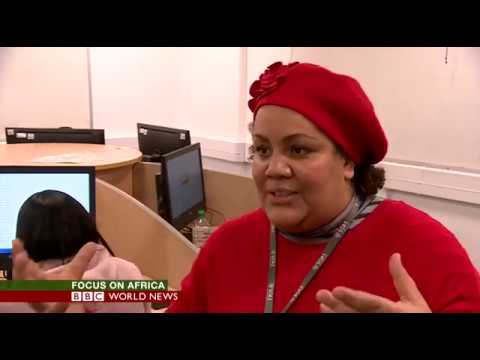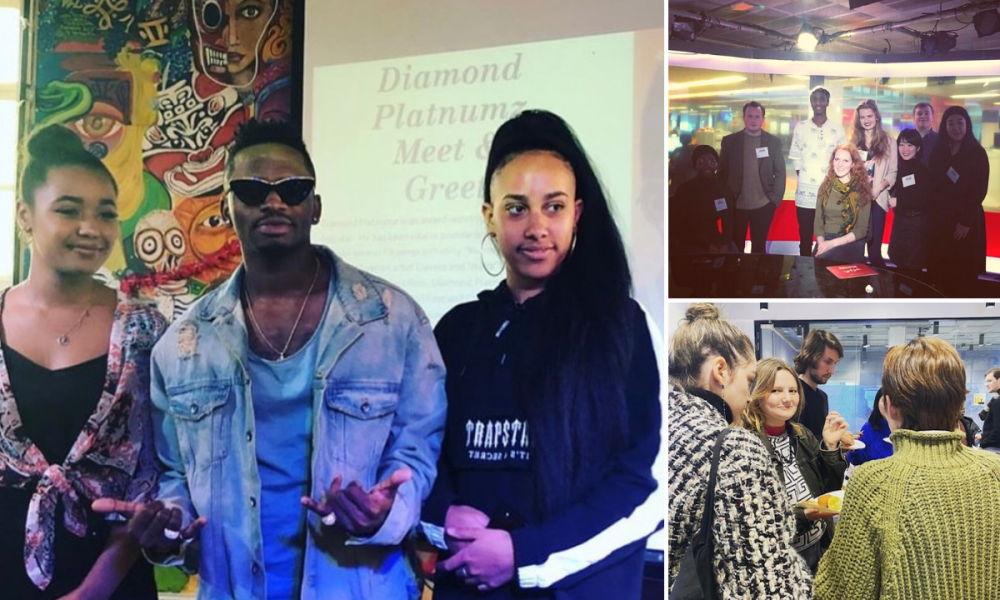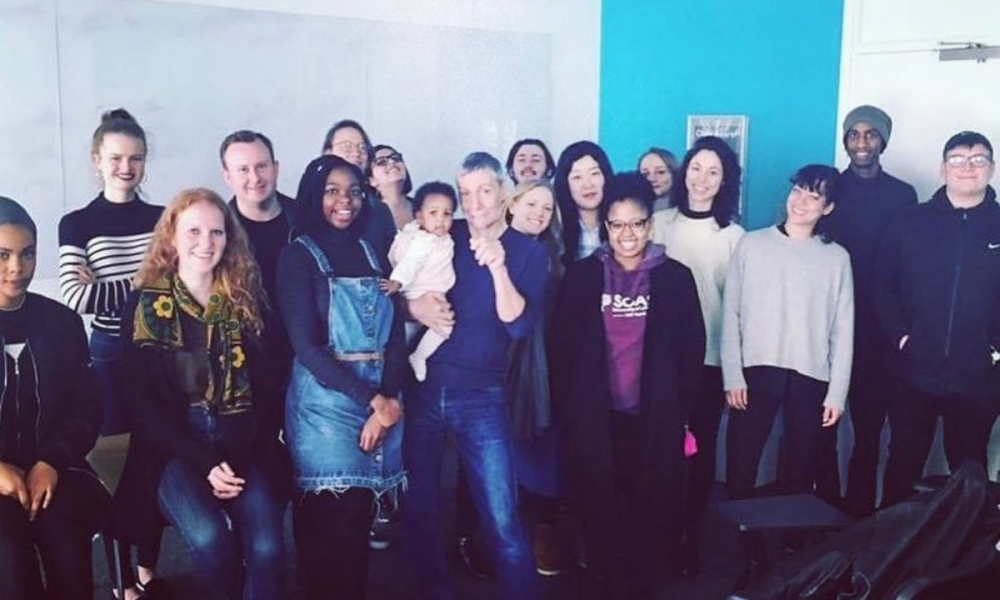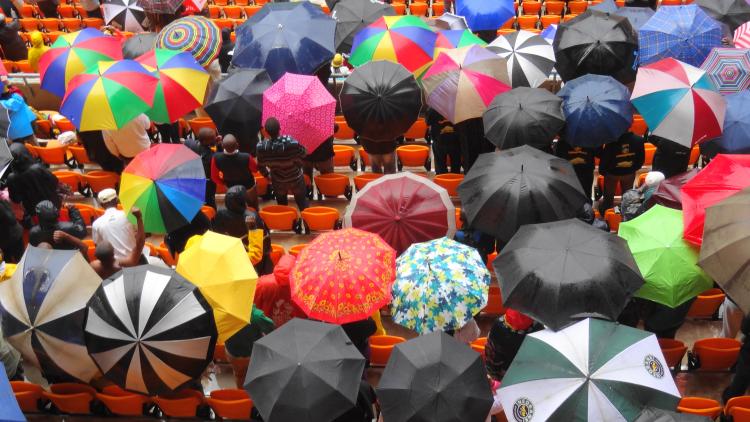World Kiswahili Language Day: Celebrating and Learning at SOAS
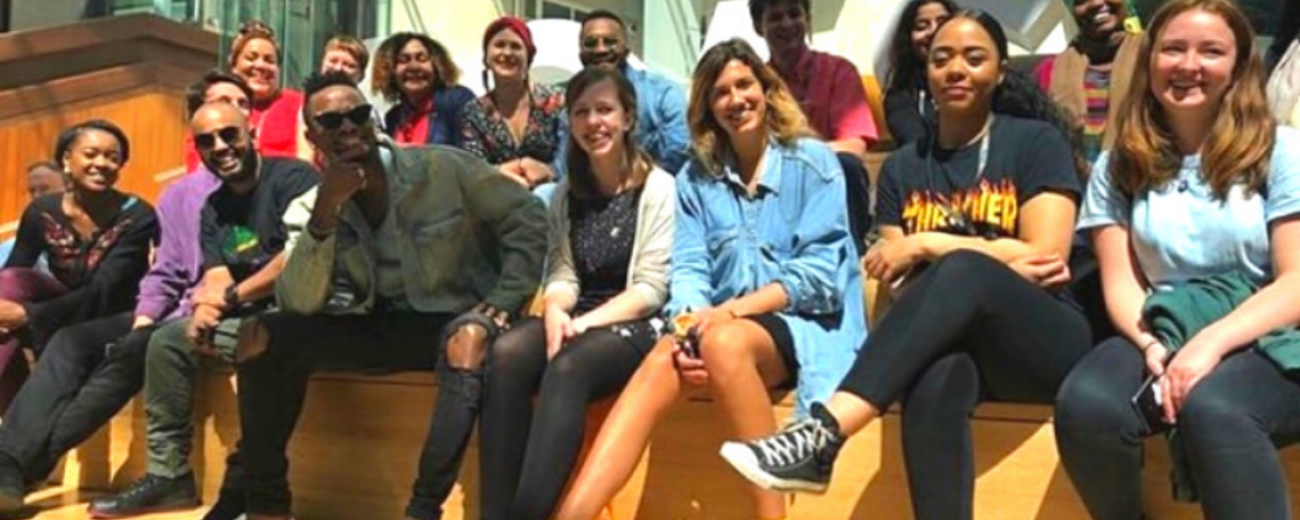

On Thursday 7 July 2022 we are celebrating the first World Kiswahili Language Day. The annual celebration of the Swahili language was approved by the UNESCO General Conference in November 2021 “in recognition of the global relevance of Kiswahili as a language of global communication built in the daily life of Africans in a constant enrichment of its multiculturality”.
Language is all around us in so many different ways, but we rarely stop and reflect on the central role language holds in our lives. The World Kiswahili Language Day invites us to do so. It brings together speakers of the language, Swahili teachers and learners, and everyone with an interest in Swahili language and culture, or simply in East Africa more generally. The day is marked across the world in many places, and loudly on social media.
At SOAS, we are so excited about the celebration. We have a strong Swahili programme which goes back to the earliest days of the School in 1916. We teach Swahili across many levels including beginner, intermediate, and advanced levels as well as practical Swahili translation. We have just kicked off a Summer Abroad programme to complement our Year Abroad programme which has been running for decades. Undergraduate students taking BA Africa and Black Diaspora or BA Language and Cultures, Africa pathway and post-graduate students on MA African Studies can choose to spend some time in Zanzibar and Nairobi, our partner institutions in the region, so as to truly immerse themselves into the language and its culture. We are also currently part of a collaborative research project on variation in Swahili for which we have partnered with colleagues in the UK and in East Africa.
For World Kiswahili Language Day, a number of our Swahili teachers, researchers, and students will attend a special celebration event at the House of Lords where they will meet Swahili speakers living in the UK, a range of diplomats, politicians and those who love the language. There will also be Swahili music and hospitality.
When we celebrate a language, we are not only thinking of a means of communication. Language is tied to history and culture, and a powerful symbol of social identity. In the case of Swahili, we are celebrating its role in promoting cultural diversity, its contribution to African liberation and the anti-colonial struggle, and its integrative power in the formation of regional integration in East Africa.
As learners of Swahili, we can share the culture and literature embodied in the language, broaden our linguistic horizon and challenge our own preconceptions and viewpoints. The World Kiswahili Language Day reminds us of the tremendous global linguistic heritage. Learning a language like Swahili allows us to take part in this heritage and celebrate our multilingual diversity. So why not start learning Swahili on this historic day?
This blog was written by Dr Ida Hadjivayanis and Professor Lutz Marten.
